Day in the life of
Strength and Conditioning Coach – James de Lacey
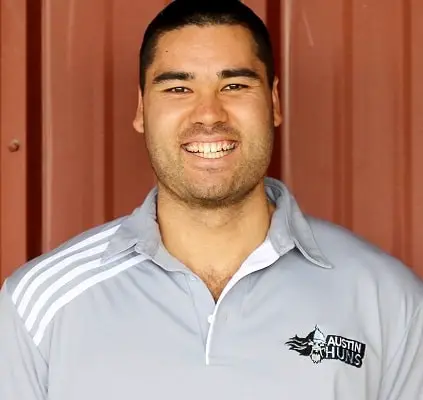
I’m a professional strength & conditioning coach in elite and international Rugby Union and Rugby League.
A typical training day in professional rugby will involve an 8am start in the gym with half of the team. The other half will be on the field and they will swap ending the morning training at 10am. I will be in the gym about 30 minutes before hand to set up.
After the morning session, there may be a staff meeting at 10.30am for 30 min to discuss anything training-related for the day or week.
From there it is making sure all of the training data has been entered into spreadsheets and is up to date from GPS to athlete monitoring.
A second session will take place on the field around 3 or 4 pm with the whole team where I will be involved in warm ups and conditioning. This session may go for 1 to 2 hours. Again, aggregating the data from the GPS needs to be done after this.
Most of the time outside of physically coaching is spent aggregating data, reports, and writing training programs.
A typical day may look like this on a mid-week training day.
- 7.30am – Arrive at gym to setup
- 8.00am – First group starts gym training
- 9.00am – Second group starts gym training
- 10.30am – Potential staff meeting
- 11-3pm – Data analysis, aggregation, reporting. Own training. Rest.
- 3pm – Setup on the field.
- 4pm – Team training.
- 6pm – Data aggregation/analysis
Game days are different. For example, if we are playing a game at 6pm, the day might look like this:
- 12pm – Team priming session in the gym.
- 4pm – Arrive at stadium, setup locker room, warm-ups on field, etc.
- 5.20pm – Start warm-ups with players.
- 6pm – Game starts. Throughout game warming up bench players.
- 7.30pm – Game ends. Extra fitness/speed for players who didn’t play.
- 8pm – After match function.
Key responsibilities
- Planning and periodizing all aspects of physical training and recovery (strength, fitness, speed, agility, etc).
- Recording and analyzing GPS data from training and matches to inform planning.
- Collecting and monitoring player wellness.
- Testing athletes to inform programming.
- Warming players up for all training sessions and matches.
- Coaching and teaching how to lift, sprint, jump.
- Implementing recovery strategies.
- Planning out meal times on game day.
- Planning full training sessions and travel itineraries in conjunction with head coach
Pros
- Working in professional sport and having the best seats in the stadium, right on the field.
- Being involved in these athletes’ lives by helping them perform to their potential and reducing their risk of injury and having a direct impact on their performance.
- Building great relationships with the athletes and coaches you work with.
- Always working outside.
- Never the same days and hours of work.
- Get to work your passion for developing athletes.
- Walking out on the field in front of 1000s of fans is an awesome experience.
Cons
- Poor job security. Can be let go in an instant.
- Job is often attached to the head coach being employed.
- Low pay compared to sports coaches.
- Can be long hours depending on the organization.
- Never “off” after working hours, always things that need to get done in your “own” time such as programming.
- A very young profession so there is a long way to go for this kind of job to be universally respected by organizations.
Coaches and Scouts
instruct or coach groups or individuals in the fundamentals of sports for the primary purpose of competition. Demonstrate techniques and methods of participation. May evaluate athletes' strengths and weaknesses as possible recruits or to improve the athletes' technique to prepare them for competition. Those required to hold teaching certifications should be reported in the appropriate teaching category.

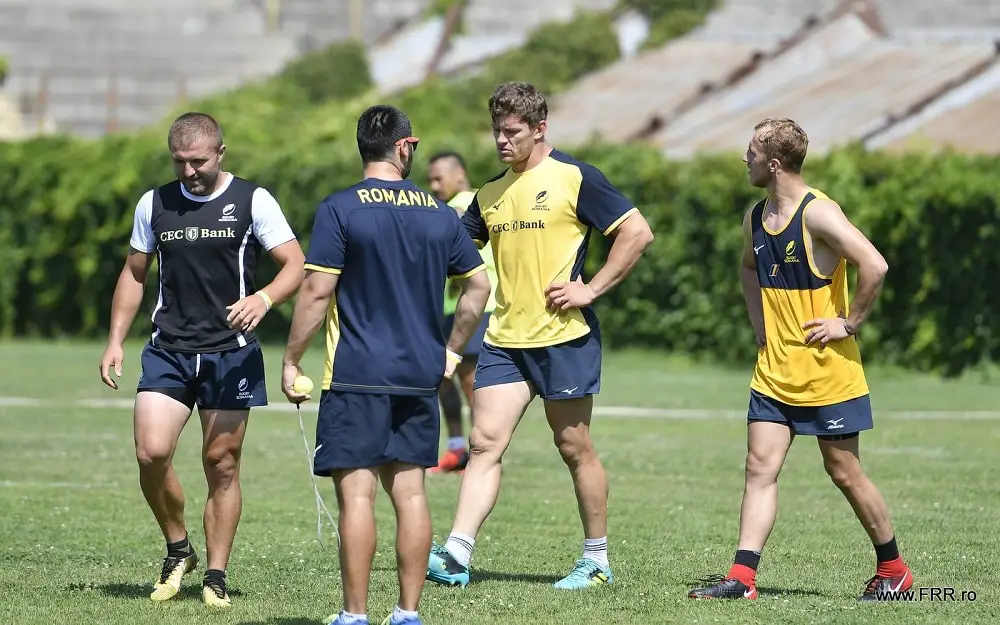
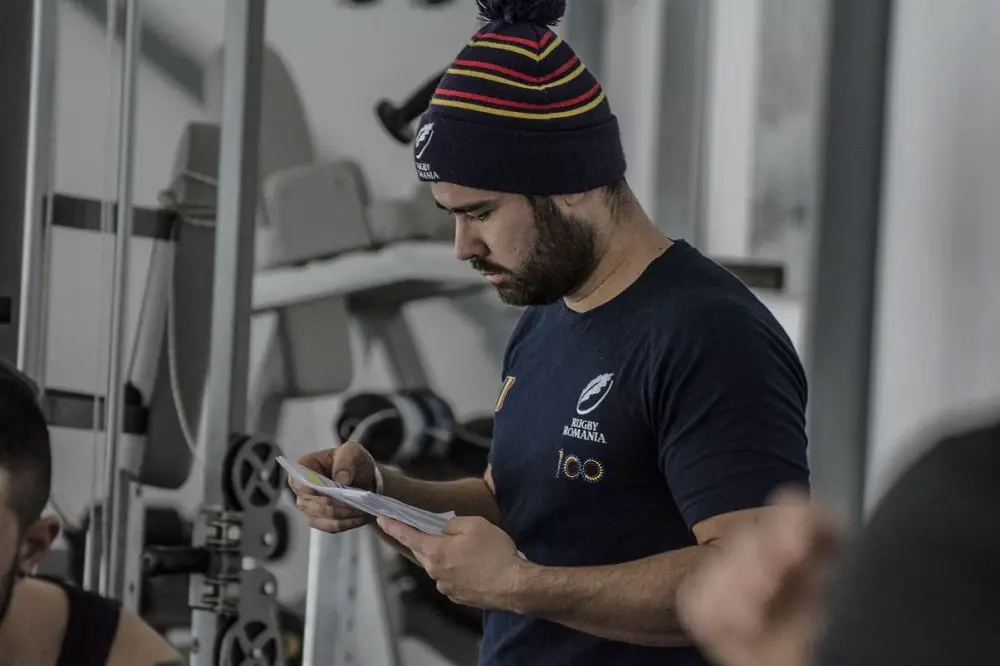
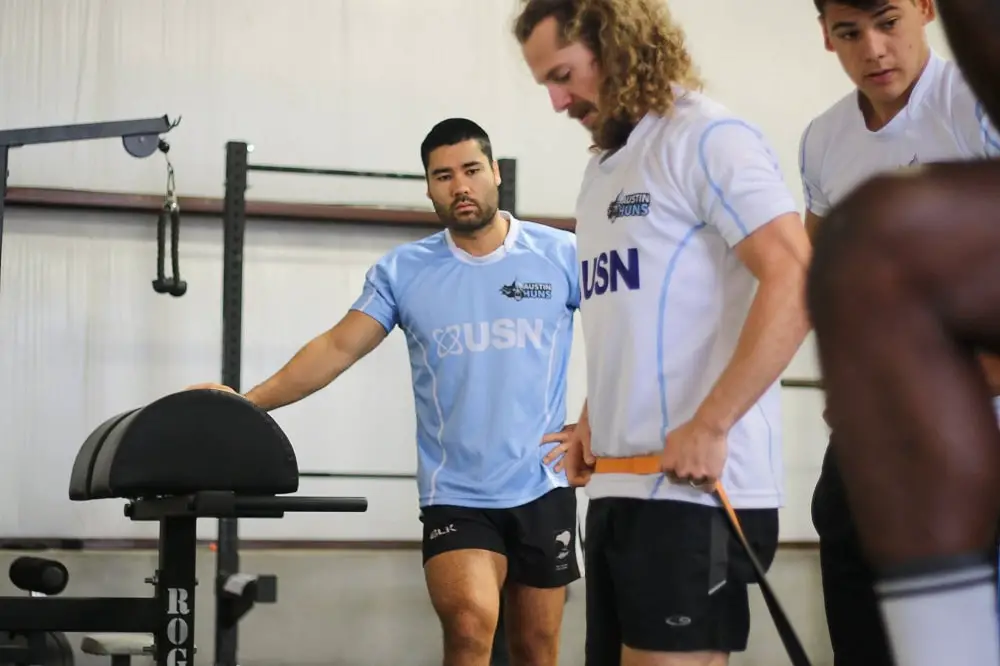
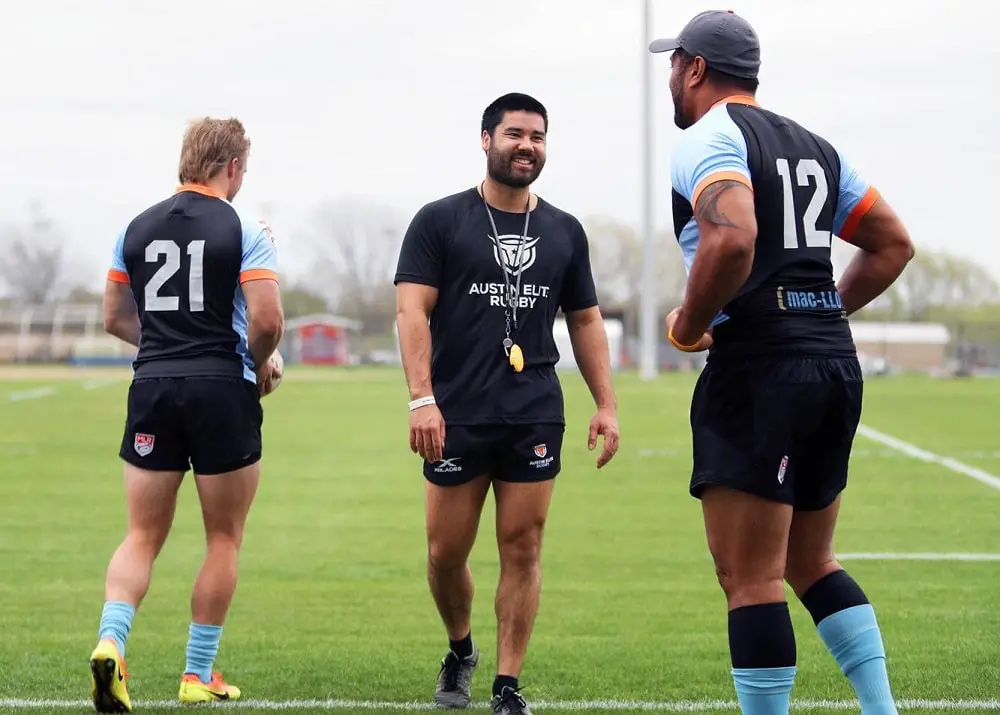
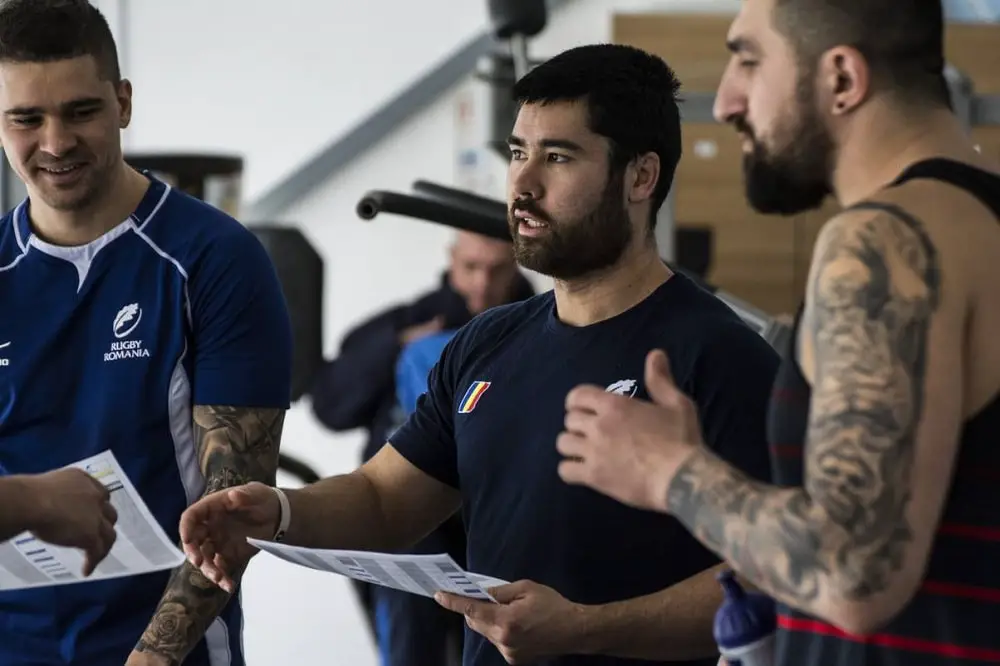
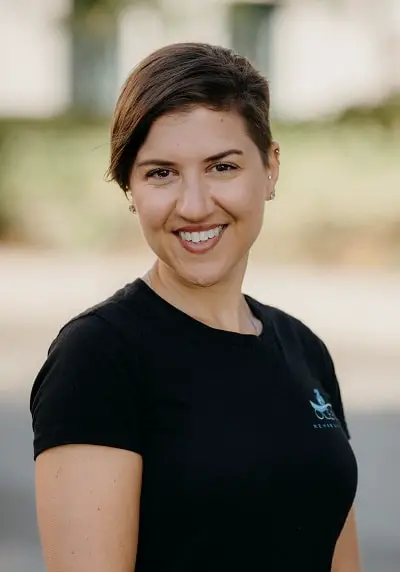
.jpg)
